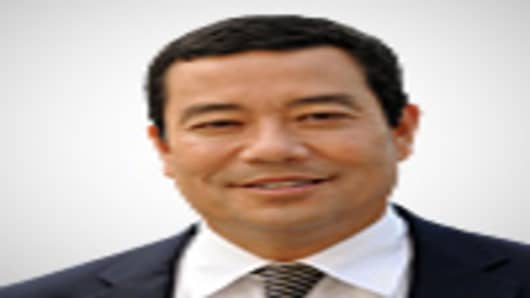After 150 years, Lehman Brothers is more than the name of a former financial firm. It now is a symbol of excesses in the financial marketplace and a catastrophic moment in US economics.
With its collapse there are lessons that can be learned as an investor to avoid similar peril. Do not miss the opportunity to benefit from the greatest bankruptcy in Wall Street history.
While there are disputes about who is to blame in Lehman's leadership chain, it seems clear that warnings were not heeded when excessive leverage on bubble-value real estate continued to accelerate. While former chief executive Richard Fuld certainly does dispute this perspective, others are on record as stating that the management team did not heed warnings that margin levels were rising to alarming heights.
Yes, hindsight is always 20/20 and looking back now it's easy to say that the signs were obvious. Perhaps so, but sometimes indicators are difficult to read. And you face similar challenging judgments today as an investor as you assess current conditions.
Consider these questions:
- Are current valuation levels for stocks justifiable given the still fragile state of the economy?
- Have real estate values bottomed despite rising unemployment and less available lending?
- Can China convert from an export economy to an internal consumption economy in two years?
In five years we will know the answer to these questions. But by that time, it will be too late as an investor to make the appropriate adjustments. So the future performance of your portfolio depends on answering these questions correctly. And you MUST answer these questions to have a properly positioned portfolio.
More from CNBC.com
As you assess and answer these questions, ask yourself what your expectations for return are for your portfolio. At Lehman, and many investment firms, the goal was for maximum profit with less concern about risk control.
I will state the obvious; risk control matters and avoiding downside fluctuation does have a place in portfolio strategies. In this crisis, many firms have relearned the lesson that one can not only focus on what can go right; a recognition of what can go terribly wrong is just as important. It's debatable if Wall Street has fully learned this lesson.
Don't make this same mistake as you invest your own portfolio. There is no one to bail you out.
___________________


